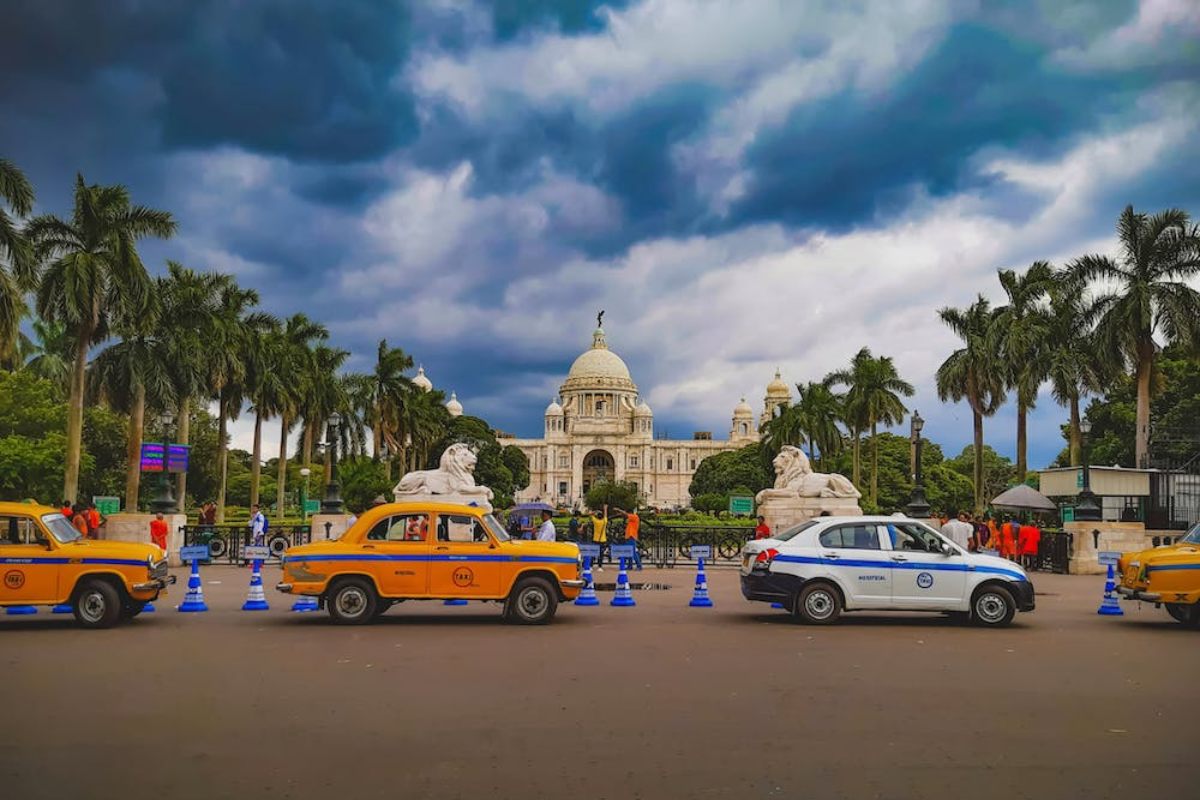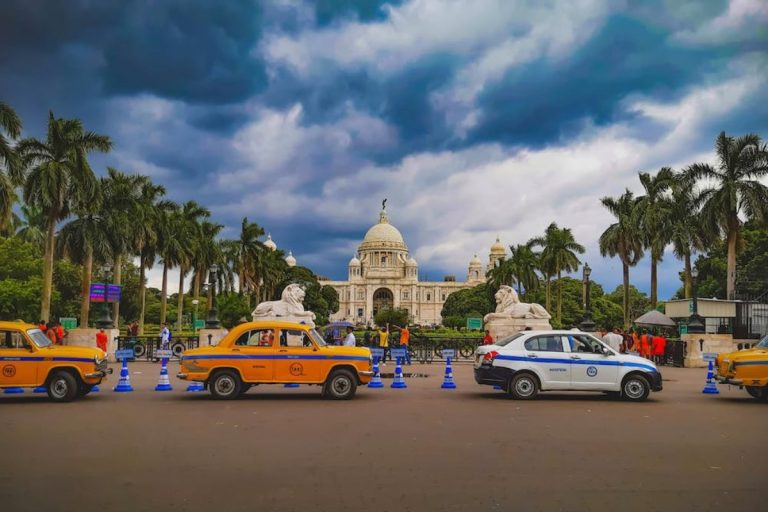
Google has removed several prominent global cryptocurrency exchanges, including Binance and Kraken, from its Play Store in India. The move comes in response to allegations that these exchanges are operating “illegally,” with the Financial Intelligence Unit (FIU) issuing notices to nine cryptocurrency companies.
Late last month, the Financial Intelligence Unit raised concerns about these companies' non-compliance with India's anti-money laundering rules. Later, Apple also pulled its apps, and various telecom networks and ISPs began blocking the URLs of affected cryptocurrency exchange sites.
India bans cryptocurrency exchanges abroad
The list of affected cryptocurrency exchanges includes Huobi, Gate.io, Bittrex, and Bitfinex. Binance, a prominent player in the cryptocurrency space, acknowledged the situation, stating that the IP block only affects users trying to access the Indian iOS App Store or Binance's website from India. However, existing users who have the Binance app will not be affected.
The company confirmed its commitment to abide by local laws and regulations. He pledged to continue communicating with regulatory authorities To ensure user protection and healthy development of the Web3 industry.
The move by Google comes on the heels of India's imposition of a 30% capital gains tax and 1% transaction tax in 2022, prompting local cryptocurrency traders to move to global platforms with less stringent know-your-customer protocols.
This regulatory arbitrage, combined with the broader decline in the cryptocurrency space, has led to a massive decline in trading volumes on local exchanges. It is estimated that about three to five million customers switched from local exchanges to offshore exchanges after the 1% TDS was implemented.
The local cryptocurrency community is demanding that the Indian government come up with regulations, but the picture is still uncertain. As reported earlier, the RBI Governor said that their stance on cryptocurrencies has not changed and they see it as an issue that could lead to disruption in emerging markets like India.


